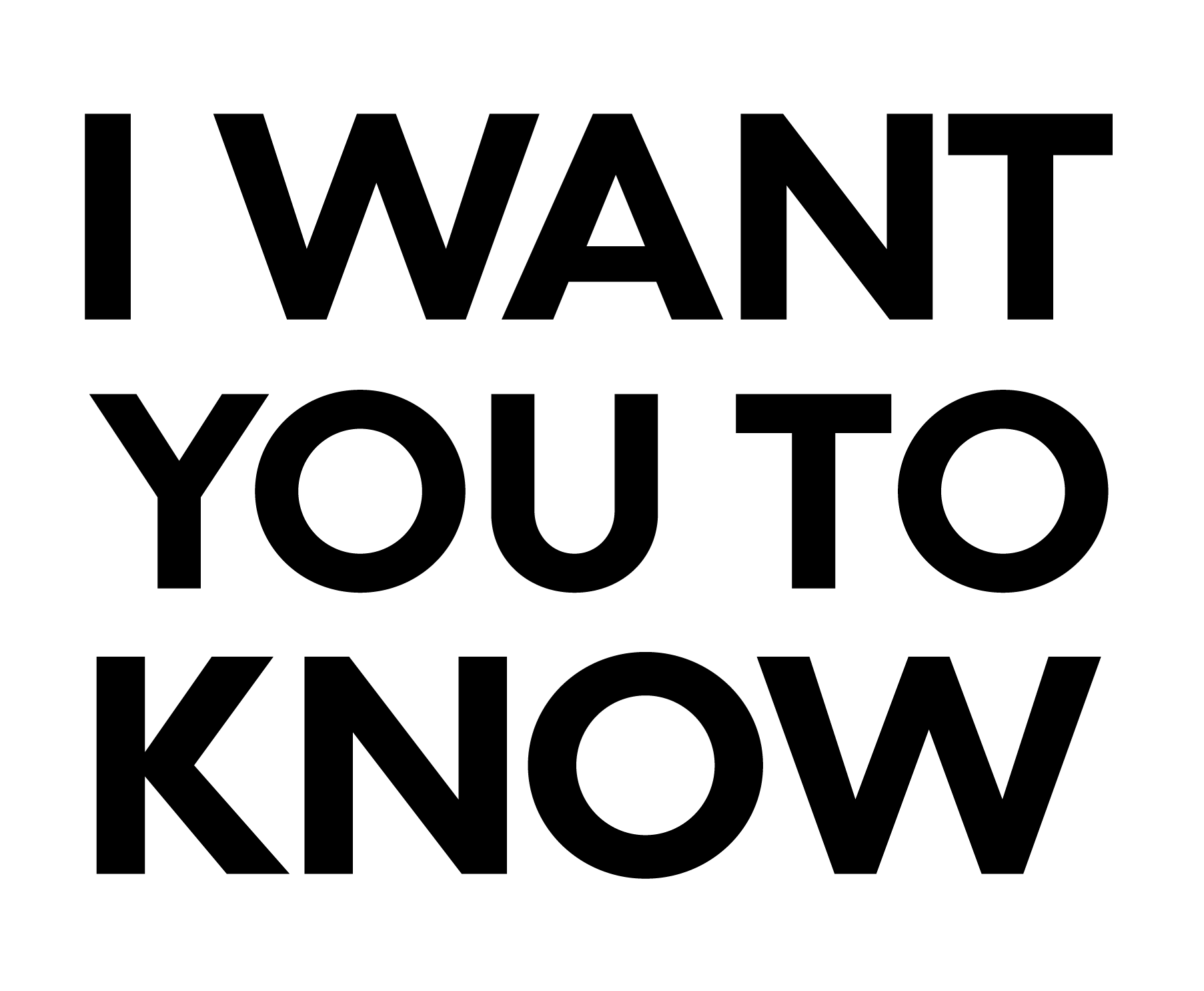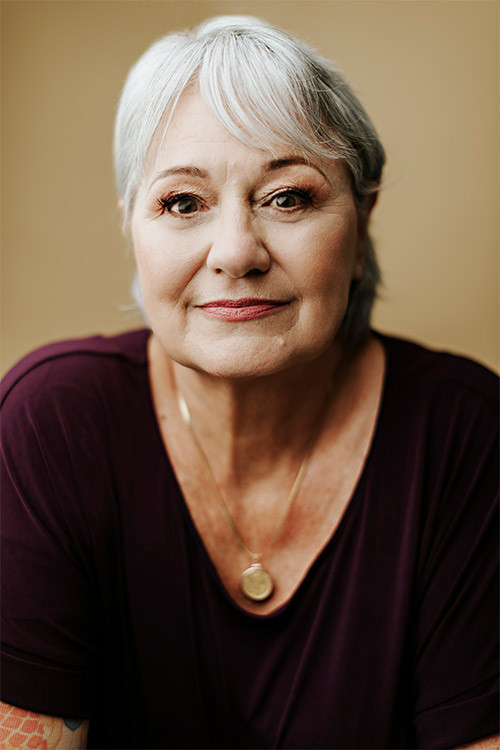

Dianne
Dianne
Introduction
I am married and have two adult sons. I live in Oshawa and have a cottage on Sharbot Lake that I love going to. I?m a retired Occupational Therapist, and I worked with children in a variety of settings, including private practice. It was through my work that I first began to realise that I was probably neurodivergent and when I was 61, I was diagnosed as autistic. It has helped me to better understand myself and accept my differences as just that – different not less.
I grew up in a Toronto suburb with my parents and two siblings. My father?s parents had immigrated to Canada from Macedonia (the village they were from is now part of Greece) and I was very close to my ?Baba.? My mother was born in Newfoundland to parents of English and Welsh ancestry. My experiences growing up were a blend of both cultures.
Mon histoire avec le cancer du sein
I have had dense, lumpy breasts and issues with cysts etc. for as long as I can remember. I also have a strong family history of breast and ovarian cancer on my mother?s side (genetic testing has been negative but that is based on current medical knowledge – my mom?s oncologist felt our particular gene or variant just hasn?t been identified yet).
Many years ago, I was followed in the Familial Breast Cancer program at the Odette Cancer Centre at Sunnybrook (pre the establishment of the high risk screening program) and I usually received an ultrasound, in addition to a mammogram, as clarification was usually needed due to dense breasts. I have had breast MRIs in more recent years (at my request) as I thought that I was in the high risk screening group. It had been recommended by radiologists who had done biopsies on my breasts but it turned out that I was never actually in the program.
In September 2019, I was diagnosed with Atypical Ductal Hyperplasia via MRI and biopsy. I had a right partial mastectomy and no abnormal cells were found at that time. I healed quite well but developed what I thought was a mass of scar tissue which did not seem to change very much over time.
Because of the pandemic, I could not have a regular mammogram or MRI that could have possibly identified my cancer at an earlier stage.
In March/April 2021, when I was 63, I began noticing some changes that soon became a fast growing tumour in my right breast. It was at the height of the pandemic and it was very difficult to access medical care. My doctor?s o?ce wasn?t seeing patients in person and it turned out that some of the information they had regarding available services was incorrect. I called several sites for a mammogram only to find out that there were long waiting lists due to limited service. I finally had a mammogram and ultrasound in May and by this time the tumour was bulging out the side of my breast. A biopsy was done and the results came back as a spindle cell tumour but with several possible differential diagnoses. The slides were then sent to Mt. Sinai for a second opinion and the final diagnosis was ?spindle cell carcinoma favouring metaplastic breast cancer.?
An excision biopsy was recommended for further assessment but was not done at the time. By the time I was seen in the Breast Assessment Centre at Lakeridge Hospital, the tumour measured more than the 6.5 cm on my ultrasound. Once there, however, things moved very quickly and due to the size of the tumour, chemo was done first to try and shrink the tumour as it looked like it could be growing into my chest wall.
My cancer type is rare, comprising less than 5% of all breast cancers, and it tends to be chemo resistant. Luckily for me, mine responded to treatment, and following my mastectomy, pathology said there was no cancer, only that a tumour bed remained.
There were however 2/27 lymph nodes that stained positive, and were suspicious for isolated tumour cells. I then had regional radiation as the final part of my treatment. The oncology team said that further chemo wasn?t warranted as they felt that the risks outweighed the benefits.
When I met with my surgeon, I was given the choice of a mastectomy or a lumpectomy and had to make my decision on the spot while I was there. I had been told from the beginning that I would require a mastectomy so this sudden choice caught me o? guard. I chose the mastectomy as I felt that I had already had the partial mastectomy on that side and I didn?t want to risk anything else. I asked about a double mastectomy and was told that there was no reason to remove a healthy breast. It turns out that I didn?t know the right words to use?
My surgeon has since agreed to remove my left breast as a preventative measure but I had to ask to be referred to a plastic surgeon to have a possible scar revision of my right side as I have a lot of adhesions, scar tissue and extra flesh of some sort that looks like the bottom of my breast remaining. I am also going to request an aesthetic flat closure when I have my preventative mastectomy as my surgeon doesn?t seem to do this. She stated that she does a flat closure but only removes the breast tissue. For me, reconstruction means having a flat chest with as normal a contour as possible (no dog ears, side boobs or a concave chest). I?ve met women through this project who have been able to have that done and I think it should be one of the options for ?reconstruction?. This is a personal choice but it shouldn?t be so difficult to obtain.
I still feel like I am not fully recovered from treatment and I have long standing side e?ects that I hope will continue to lessen. I am grateful to be alive and well and I am enjoying life as much as I can.
Ce que j’aimerais vous dire
I think that breast cancer is more common than most people actually realize. Anyone can develop breast cancer – you don?t have to have had other family members who have had it. Listen to your body, monitor for changes and get regular mammograms. Breast cancer that is detected at an earlier stage has improved survival rates.
When I was first diagnosed with breast cancer, many friends and family came forward to tell me that they knew that I would be ok, that I was strong and that I was a fighter. Although they were trying to be positive, I found that it wasn?t very helpful at the time as so much was unknown and unpredictable at diagnosis. It would have been more helpful to have people call or email to check in on me or offer concrete help to my husband.
Breast cancer for me was life changing in many ways. I expected to complete my treatments followed by a short recovery period and then be back to my previous self. It was harder than I ever imagined, and I was and will forever be grateful for having my wonderful husband as my caregiver. I have learned to accept help, take the time for self-care, to slow down and not worry so much about the small stu?. Breast cancer and the treatment for it have taken a toll on me both physically and emotionally. The recovery process has been slow and frustrating at times. Sometimes I think that the hardest part is now, after treatment, as I deal with the long-term side e?ects and worry about recurrence.
Dianne
Diagnosed at 63